READ MORE
Our Brands
- Announcements
- Debt Investors
- Supporting our clients
Investor Relations
- Announcements
Our Brands
ESG Reporting and Performance Management
Increasingly, a broad set of stakeholders – employees, clients, suppliers, regulators, business partners, local officials, and a growing number of investors – have enhanced expectations of companies. They expect us to play a role in driving positive social and environmental impact, alongside optimising the financial value we generate. Measurement helps to set informed targets for improvement and to track progress. Reporting helps to share progress with stakeholders and increase information availability and accessibility for informed decision-making.

Environmental
We recognise our responsibility to help protect the environment and support the transition towards a low-carbon economy. We seek to do so in three main ways:
1. Operational carbon neutrality: Minimise the environmental impact of our operations, particularly greenhouse gas (‘GHG’) emissions. Our target is to be carbon neutral across both Scope 1 and Scope 2 emissions by the end of 2026. The Group’s strategy focuses on:
> Reducing our Scope 1 and 2 GHG emissions.
> Increasing the use of renewable energy.
> Reducing overall waste and water usage.
2. Supporting our clients: Leverage our capabilities to connect clients to liquidity and data solutions, helping them advance their sustainability objectives.
> Developing and expanding markets for Renewable Energy Certificates ('RECs') and other renewables products.
> Providing insights and data-led solutions to better inform participants navigate fast moving markets.
3. Incorporating ESG into new business initiative approvals: Embed ESG considerations into the evaluation and approval process for new business initiatives, reviewed and scored through our Change Management Framework.
> ESG questions focus on emissions, gender representation, and asset class
Social
We work to develop an inclusive and positive culture, creating meaningful opportunities for our employees and communities. At TP ICAP Group, we recognise that our business thrives when people and communities flourish.
We are dedicated to creating a workplace that values diversity, supports employee development, and drives positive change in the communities where we operate. By prioritising inclusion, fostering growth opportunities, and making meaningful contributions to society, we aim to build a stronger, more equitable future for all. This commitment reflects our belief that social responsibility is fundamental to long-term business success and aligns with our role as a trusted global partner.
Attracting, developing, and retaining a talented, engaged group of colleagues is central to our success. Our objective is to continually work to develop an inclusive and positive culture, where we create meaningful opportunities for our employees to flourish.
We consider all categories of diversity important to our business and reflective of the communities in which we operate, including race/ethnicity; multi-generational; LGBTQ+; and socio-economic diversity.
Our targets include:
> Increasing female representation within our non-broking roles to 38% by the end of 2025
> Increasing ethnic minority representation within our Group senior management population from 13% to 15% by the end of 2027
>Women in Finance Charter target of 25% senior women in the business by 2025
Governance
Business integrity and accountability underpin everything we do, so ensuring that TP ICAP remains a trusted, relevant and well-run business.
Governance of our ESG performance sits at the highest level of the business, with a dedicated Group ESG Forum reporting directly into the Group Executive Committee. At TP ICAP Group plc Board level, Tracy Clarke is the Non-executive Director responsible for ESG Engagement. She works closely with the Company’s senior management to ensure that the Board continues to have the right conversations on business strategy from an ESG perspective.
Aligned to SASB guidance, good governance for TP ICAP includes how well we incorporate ESG factors into our brokerage activities.
As an intermediary, achieving this is not as clear cut as it is for a bank (that underwrites investments), an asset manager (that makes investments), or an exchange (that maintains listing requirements). Rather, as an intermediary we connect sophisticated counterparties who are often already aware of the ESG characteristics of the assets they are trading among each other.
Therefore, we have chosen to focus on what we can control: the process by which we evaluate new business initiatives.
Governance target: We commit to incorporate mandatory ESG scoring into the evaluation and approval process for any new business initiative. We target has been achieved and the new ESG scoring process is operational.
To determine a score, we added a mandatory ESG questionnaire to the Change Management Framework (‘CMF’) process through which all new business initiatives are reviewed. The questions focus on emissions, gender representation, and type of asset class. They seek to identify risks and opportunities associated with any new business initiative. The outcome is an ESG score that forms part of the information for approval that the Change Subcommittee reviews.

Copyright © 2026 TP ICAP















